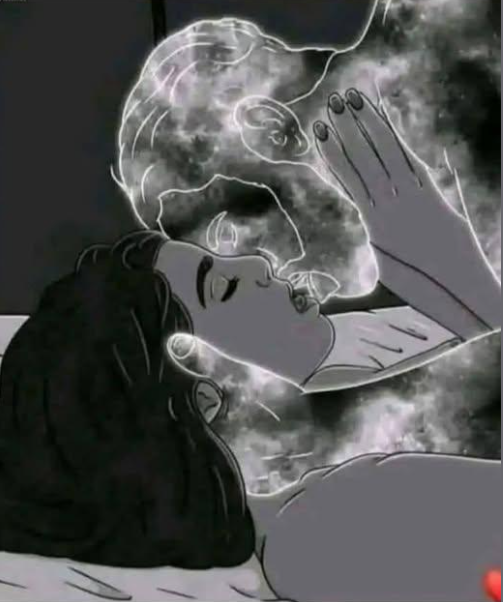Remembering the Struggles of Growing Up: When Childhood Memories Turn Uneasy
Childhood is often romanticized as a time of innocence, laughter, and simplicity. But for many, the memories that surface from those early years are far from idyllic. Instead of playgrounds and birthday cakes, some remember loneliness, fear, or confusion. Growing up is not always easy, and looking back can bring a mix of emotions—some warm, others heavy.
For many, the struggles of growing up start with the feeling of not fitting in. Maybe it was being the quiet kid in a loud classroom, the one who got picked last in games, or the child who didn’t look or act like everyone else. These moments, small to others, leave lasting imprints. Children may not have the words to express what they’re going through, but they feel it deeply—rejection, isolation, shame.
Home life, too, plays a major role in shaping those memories. For some, home was a place of safety. For others, it was unpredictable. Arguments, silence, absence, or emotional distance from caregivers can turn the home into a place of tension. Children often absorb stress in ways they don’t fully understand. They might take the blame for things that go wrong, develop anxiety, or learn to walk on eggshells just to keep the peace.
Academic pressure can be another source of struggle. Expectations to perform, be it from parents, teachers, or even self-imposed, can weigh heavily. A bad grade might feel like a failure of identity, not just performance. The pressure to be smart, successful, or perfect adds layers of stress, especially when children are still developing emotionally.
Bullying, whether physical, verbal, or social, is a painful part of many childhoods. Being targeted for how one looks, talks, dresses, or behaves can be deeply wounding. The memory of feeling humiliated or unsafe among peers is not something that fades easily. For some, those experiences shape how they view themselves even into adulthood.
Growing up can also bring the struggle of identity. Discovering who you are in a world full of expectations is no small task. Some children feel pressure to conform to roles—be the tough one, the responsible one, the funny one. Others may wrestle with aspects of themselves they don’t yet understand—sexuality, gender identity, cultural background—and find little support or acceptance.
Grief is another quiet shadow in childhood for some. Losing a loved one, a pet, or even a sense of security due to divorce or financial hardship can be deeply confusing. Children grieve differently than adults—they may act out, go silent, or try to distract themselves. But the ache is real, and the memory of loss can remain vivid.
Sometimes, it’s not about big, traumatic events. It’s about what wasn’t there. The parent who was always working, the hug that never came, the praise that was never spoken. Emotional neglect, even when unintentional, leaves behind a sense of emptiness. Children may grow up unsure of their worth, constantly seeking validation, or fearing abandonment.
Many who now reflect on their childhoods with unease have learned to carry those struggles in silence. It can take years—decades even—to recognize how those early wounds influenced adult patterns: fear of intimacy, self-doubt, perfectionism, or people-pleasing tendencies. Acknowledging these patterns is not about blaming the past, but about understanding it.
Still, there’s strength in remembering. Naming the hard parts of childhood allows healing to begin. It opens the door to compassion—for oneself and even, sometimes, for the adults who were also doing the best they could with the tools they had. Processing those uneasy memories can be a difficult journey, but it’s also freeing.
Some find comfort in journaling, therapy, or talking to trusted friends. Others turn to art, movement, or nature to reconnect with themselves. Revisiting the past with the perspective of an adult helps bring clarity. We begin to see that the child we once were deserved love, support, and protection. And even if that wasn’t always given, we can now offer it to ourselves.
Growing up is rarely a smooth ride. The uneasy memories, though painful, are part of the full story of becoming. They remind us not only of what we endured but of how far we’ve come. In remembering the struggles, we make room for healing, for growth, and for rewriting the narratives that shaped us.
In the end, looking back doesn’t have to mean staying stuck. It can be a quiet, powerful reclaiming of self. A way of saying: “I remember. And I am still here.”


